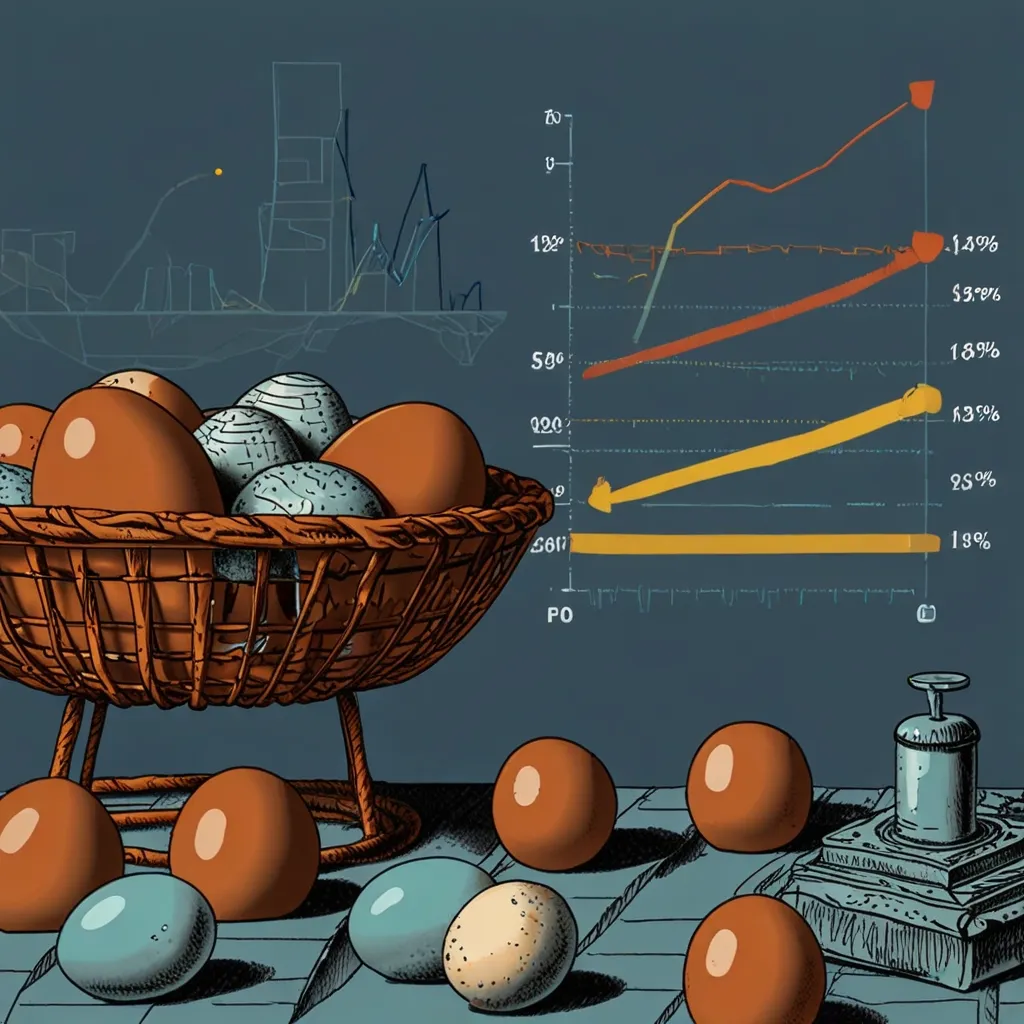Refinancing your mortgage might seem like a boring financial chore, but it’s actually one of the smartest moves you can make to save some serious cash and get your financial house in order. It’s kinda like giving your loan a makeover that could make your life easier. Let me walk you through how and why you should think about doing this.
First things first, why would anyone want to refinance their mortgage? The main reason is to slash that interest rate. When the market rates go down, it’s almost like the universe telling you to refinance. Just imagine you’ve got a $100,000 loan at a 7% interest rate over 30 years. You’re paying around $665 every month. But if you refinance at 5%, boom! Your payment dives to $536. So, you save over a hundred bucks each month and thousands of dollars over the life of the loan.
But hey, not just lower rates, refinancing can also help you stretch or shrink your payment timeline. If you need lower monthly payments, you could refinance from a 15-year loan to a 30-year one. Sure, you’ll be paying for a longer time, and in total, more in interest, but your monthly payment will be more manageable. It’s perfect if you’re trying to keep more cash in your pocket every month.
On the flip side, if you want to pay off your mortgage faster and save a ton on interest, you might flip from a 30-year to a 15-year loan. As interest rates drop, this kind of refinancing becomes attractive. Say you have a $160,000 mortgage at an 8% rate. Your monthly payment would be like $1,419, and you’d end up paying $262,648 in interest over 30 years. Refinancing to a 15-year loan at 6% could bump your monthly payment to about $1,594, but you save a jaw-dropping $179,618 in interest and own your home in 15 years. Sweet, right?
There’s a catch, though – the infamous closing costs. These pesky fees, ranging from 2% to 6% of your loan, can bite. For example, if your closing costs are $5,000 and your monthly savings are $200, it takes roughly 25 months to break even. So, if you plan on flipping your house before you reach that break-even point, refinancing might not be worth it.
Refinancing also offers a great chance to tweak the type and terms of your loan. Maybe you’ve got an adjustable-rate mortgage (ARM) and the looming rate hikes keep you up at night. Refinancing to a fixed-rate mortgage will make your payments reliable and predictable. Or maybe you’re struggling with high monthly payments and considering switching to an ARM for those initial lower rates, but remember, it carries risks if rates go up.
Another win from refinancing? Ditching private mortgage insurance, or PMI. If you didn’t put down at least 20% when you bought your home, you’re probably stuck with PMI. Refinancing can help you escape this if you’ve built enough equity. For instance, moving from a conventional mortgage to an FHA or VA loan, which often don’t require PMI, could mean monthly savings.
And, guess what else refinancing can do? It can help you tap into your home’s equity. This is perfect if you need some cash for home improvements or to knock out other debts. Through a cash-out refinance, you can borrow more than what you owe on your mortgage, and pocket the difference. Heads up, though, cash-out refinances might come with slightly higher rates, and you need to ensure you have at least 20% equity left after the transaction.
Your credit score is a star player when refinancing. Scores can significantly influence the interest rate you’ll get. Higher scores equal better interest rates, which save you money on monthly payments and total interest. So, if your credit game has improved since you got your original mortgage, it’s worth checking out the refi rates.
Timing is key in refinancing. It’s ideal when market interest rates are lower than your current mortgage rate. But it also depends on your financial situation, loan term, and credit score. If your goal is to lower your payments, pay off the loan faster, or ditch mortgage insurance, these are good reasons to think about refinancing. And always consider if you’ll stay in your home long enough to cover those closing costs with your savings.
The refinancing process feels familiar if you’ve gone through a mortgage before. You’ll need to apply, go through underwriting, and close on the new loan. Your new lender pays off your old mortgage, and you start making payments on the new one. Shopping around for the best rates is crucial too, as it helps to get multiple offers and pick the best one.
In a nutshell, refinancing isn’t just about jumping on lower rates. It’s a tactical move that can save you money, lower monthly expenses, help you pay off your mortgage faster, or provide cash for other needs. Before you take the plunge, weigh the potential savings against the costs. If the savings from a lower interest rate or adjusted loan term outstrip the closing costs, refinancing might be your golden ticket to a more comfortable financial future.






